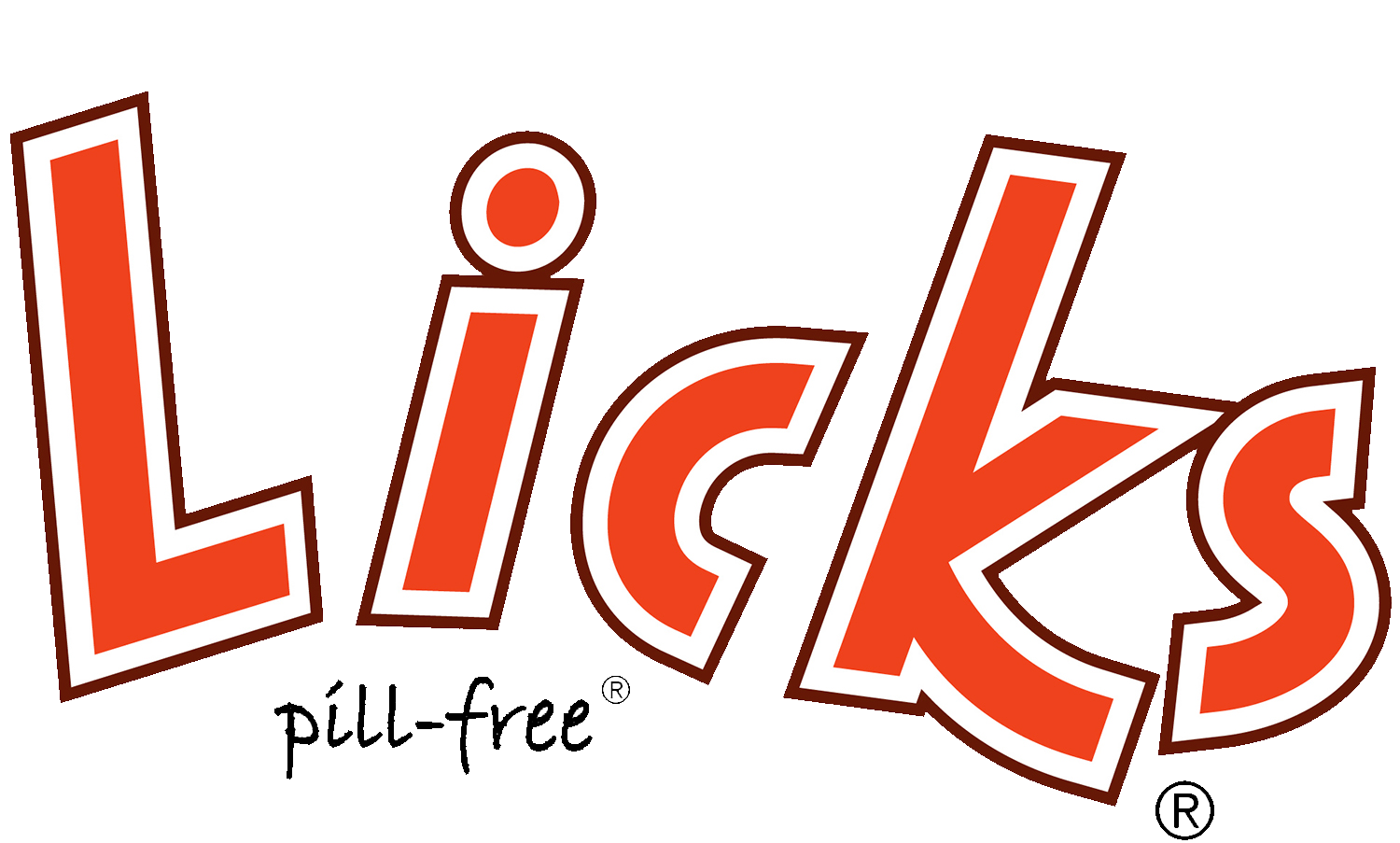Poison Prevention Week March 17-23!
It’s Poison Prevention Week! Poisonous plants, foods, and/or toxins could be hiding around your house without your knowledge. Here are some helpful tips regarding pet first aid and poison prevention!
If you think your dog or cat has been poisoned, call your veterinarian or Pet Poison Helpline at 855-764-7661 immediately for assistance!
How to Build a Pet Safety First Aid Kit!
Keep a tackle box filled with pet first aid items in a safe, easily accessible area in case of emergency. Your pet first aid kit should include:
A note or index card with:
The name and # of the nearest emergency veterinary clinic
The Pet Poison Help Line: 1-855-764-7661
Your pet’s microchip ID #
Your pet’s vaccine records, proof of rabies vaccination
Alcohol wipes
Bandage Materials:
Absorbent gauze pads
Adhesive tape
Splints and tongue depressors
Artificial tears, saline solution
Large towel/blanket
Supply of dry/canned food and treats
Diphenhydramine (e.g., Benadryl®) 25 mg tablets or liquid 12.5 mg/tsp (5mL) concentration (with NO other combination ingredients)
A case or bottle of LICKS Cat Ache Aid / Dog Pain Relief!
An instant ice pack, and a small towel to wrap around it
Penlight or flashlight
Rubber or latex free exam gloves
Scissors
Tweezers
Corn syrup/table syrup (~1/8 cup in case of hypoglycemia)
Triple antibiotic ointment (with NO other combination ingredients – NOT for use in CATS!)
What are the Signs of Poisoning in Dogs and Cats?
The signs of poisoning can range vastly depending on what your cat or dog has ingested/come in contact with. When it comes to poisoning, the sooner you treat your pet the better the outcome. Some common signs of poisoning can include:
Gastrointestinal Signs
Vomiting/Nausea
Drooling/hyper-salivating
Loss of appetite
Diarrhea
Signs of Internal Bleeding
Coughing of blood
Vomiting blood
Pale gums
Racing heart rate
Weakness/Collapse
Signs of Liver or Kidney Failure
Jaundice/icterus/yellow discoloration to the gums
Halitosis (“uremic” breath)
Excessive thirst or urination
Absence or decreased urination
Black-tarry stool (melena)
Vomiting and/or diarrhea
Accidents can happen unexpectedly, be prepared by keeping a supply of LICKS Dog Pain Relief or Cat Ache Aid in your home in case of emergency! Our pain relief formula provides your pet temporary relief from pain and discomfort.




